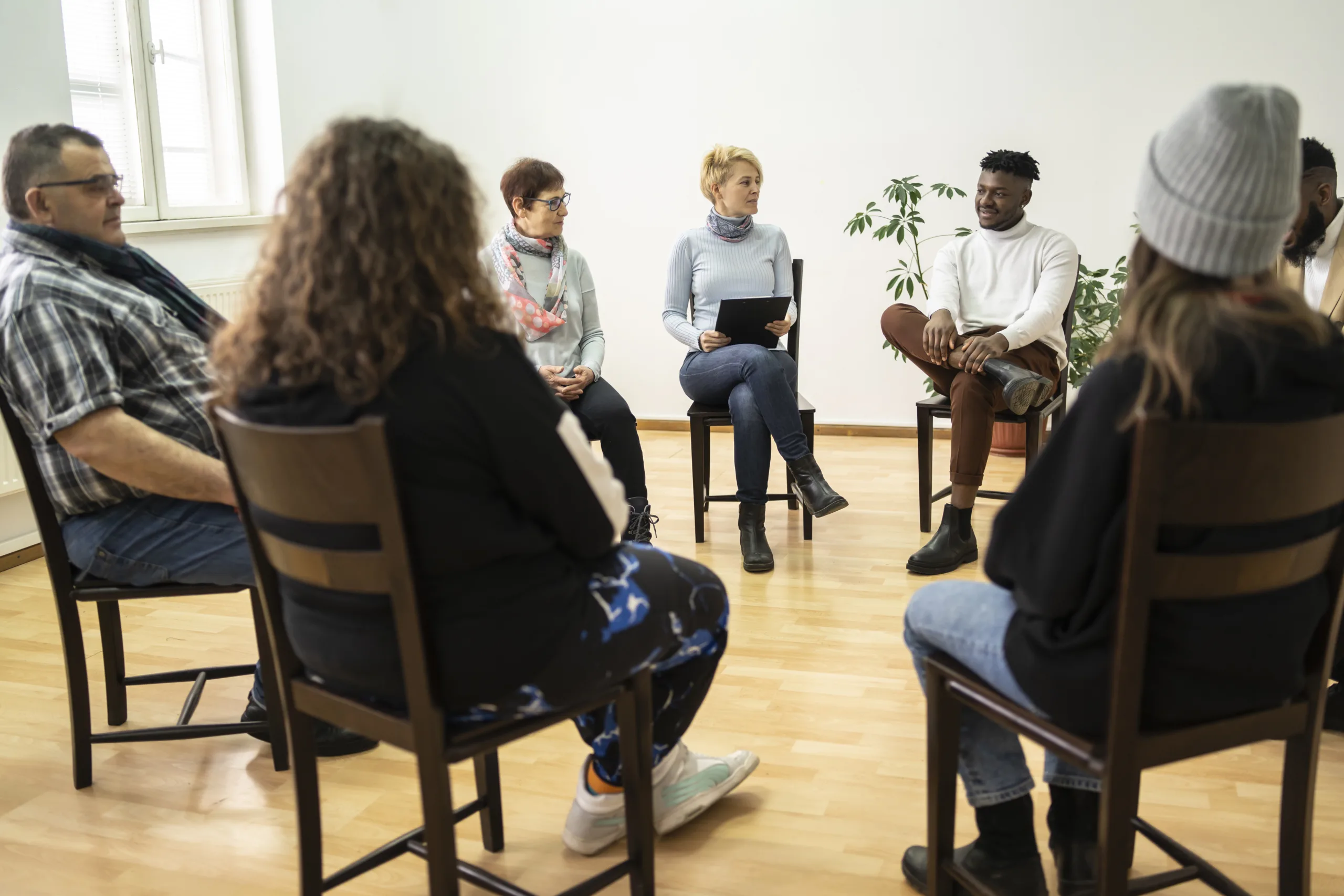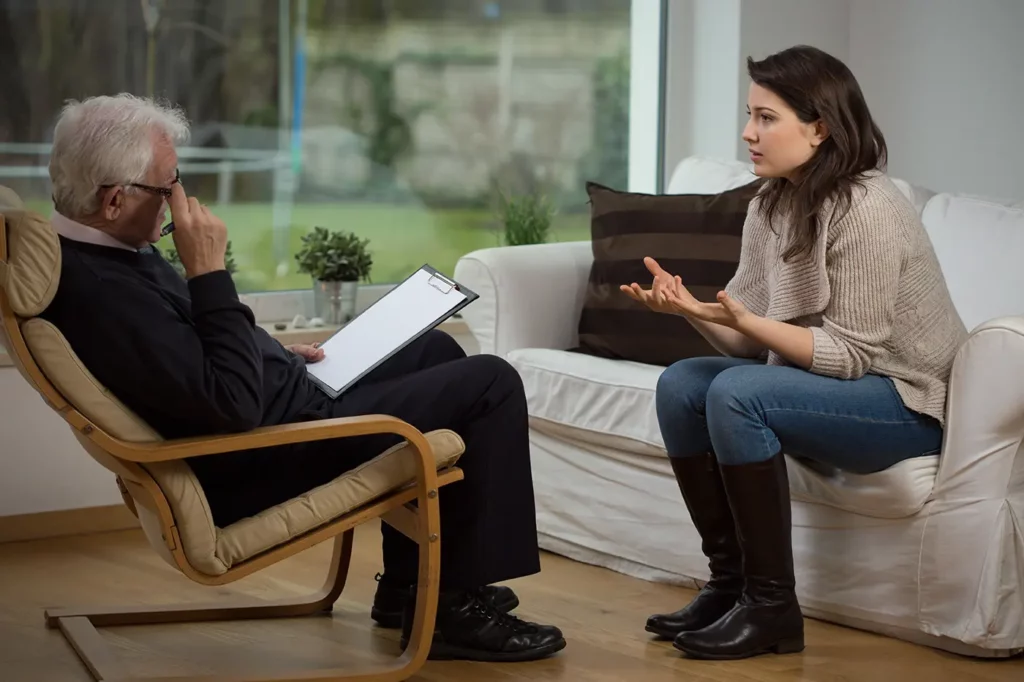24/7 Helpline:
(866) 899-221924/7 Helpline:
(866) 899-2219
Learn more about PTSD Treatment centers in Chattooga County

Other Insurance Options

UnitedHealth Group

PHCS Network

Humana

CareSource

State Farm

Magellan Health

Ceridian

UMR

Absolute Total Care

Horizon Healthcare Service

Evernorth

Meritain

Kaiser Permanente

Molina Healthcare

Sliding scale payment assistance

EmblemHealth

Health Choice

Cigna

AllWell

Providence

Dorchester Mental Health Center
Dorchester Mental Health Center is a public rehab located in Summerville, South Carolina. Dorchester...

Palmetto Summerville – Behavioral Health
Palmetto Summerville – Behavioral Health is a private rehab located in Summerville, South Carolina. ...













































Dorchester Alcohol and Drug Commission
Dorchester Alcohol and Drug Commission is located in Summerville, South Carolina. Dorchester Alcohol...

Dorchester Counseling Services
Dorchester Counseling Services is located in Summerville, South Carolina. Dorchester Counseling Serv...


























